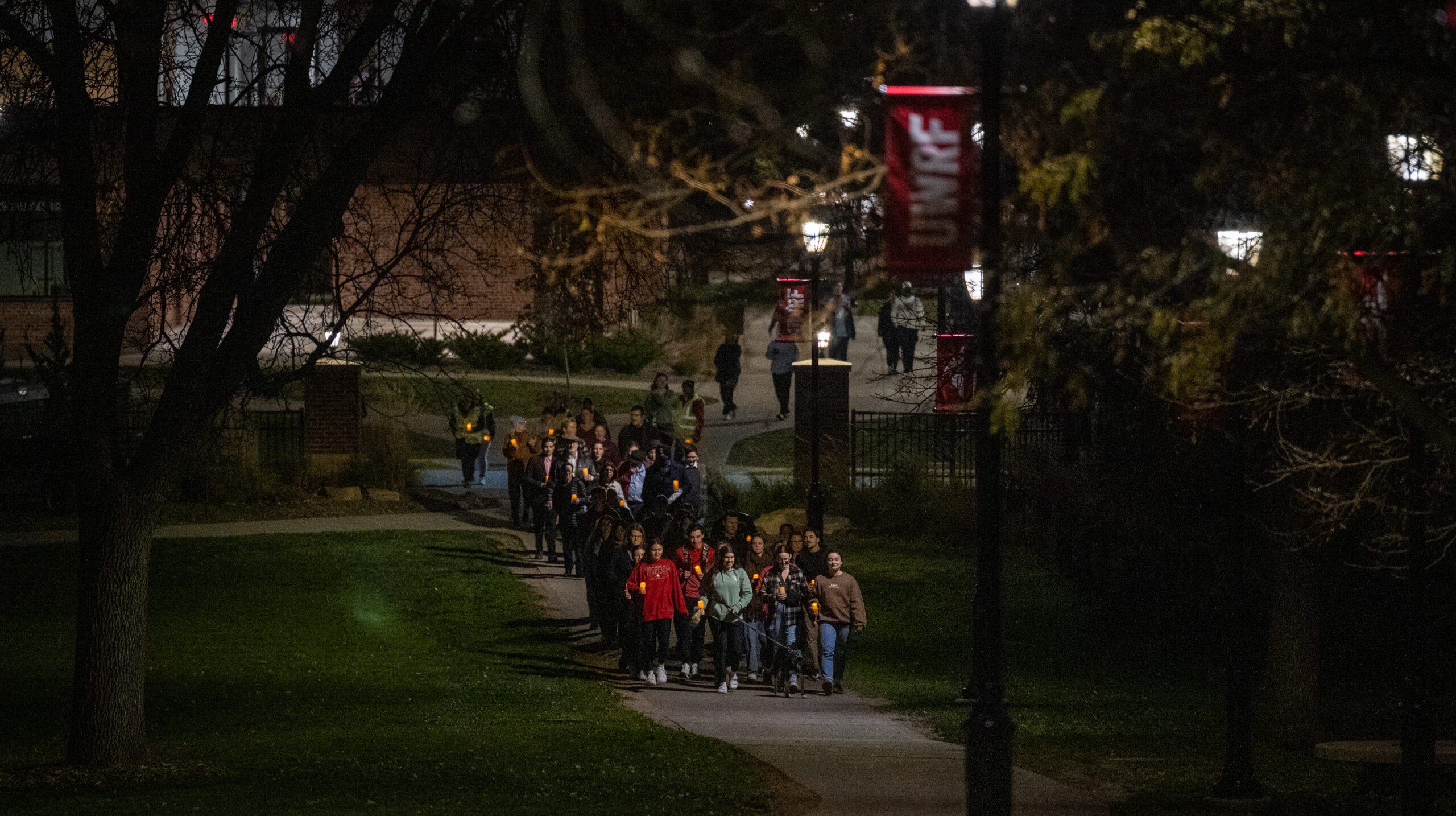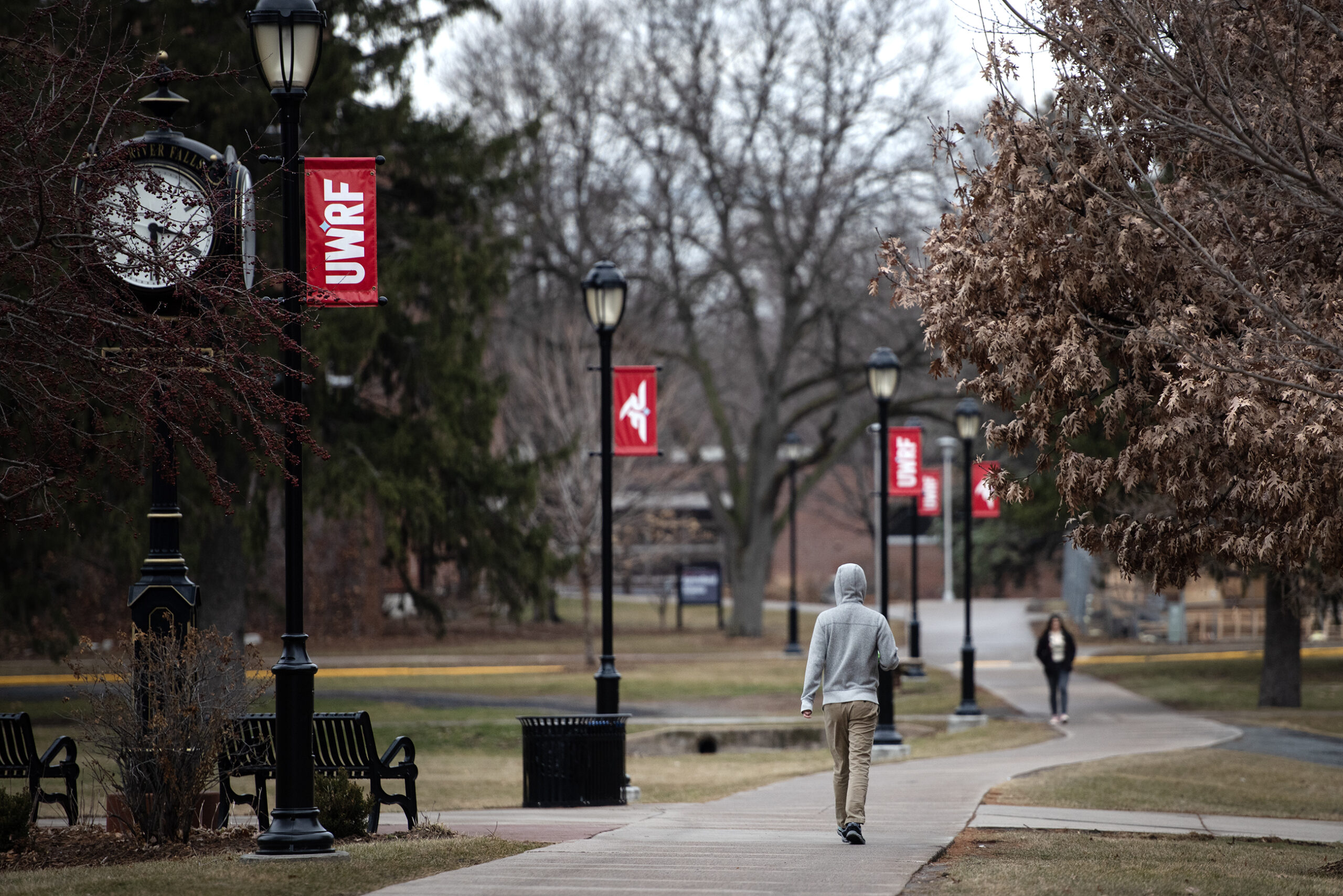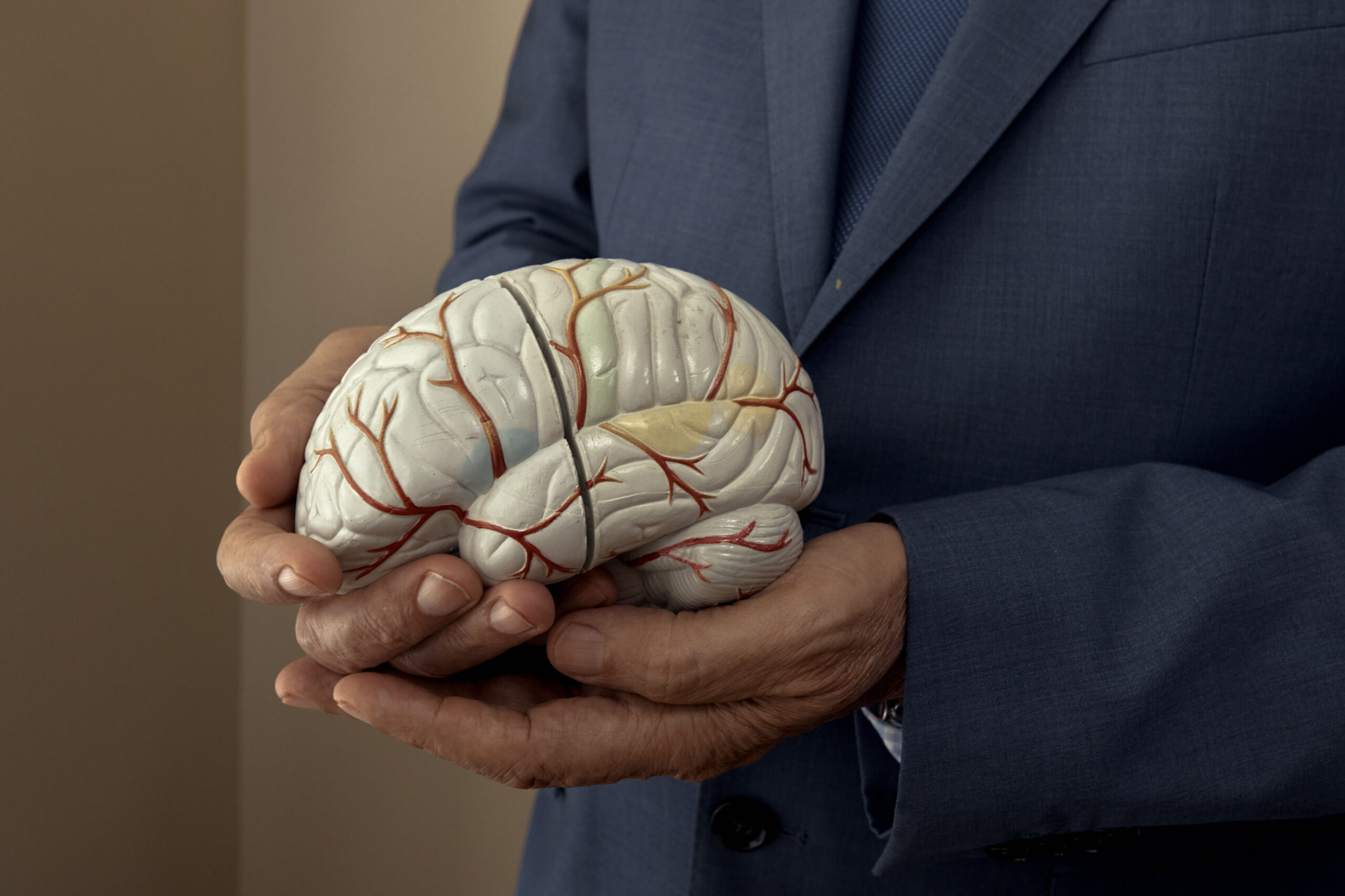Wisconsin has seen a significant increase in the number of adolescents reporting mental health struggles over the last decade. That change also corresponds with the growing need for mental health support on the state’s college campuses.
“Many children who have a mental health condition, that carries on into their adulthood,” said Linda Hall, director of the Wisconsin Office of Children’s Mental Health. “Those kids need extra attention, and brains are still growing into this early adulthood age.”
The Office of Children’s Mental Health released new recommendations this week for students, parents and colleges to improve mental health and sense of belonging on campus.
Stay informed on the latest news
Sign up for WPR’s email newsletter.
But Hall said this issue is not just critical for those connected to colleges. She points to a recent national poll that found emotional stress was the top reason students considered dropping out of school, followed by mental health struggles.
“As we have a declining number of young people going to college and actually completing their degrees, this is really concerning,” she said. “This is our future as a state in many ways, and certainly the future workforce.”
Identifying students who need help could make campus resources more successful
Hall said one area where higher education can improve is by being more proactive about identifying which students need support. That includes doing routine mental health screenings of students and training faculty and staff on how to identify students who are struggling.
“It’s not asking them to take on the role of being a mental health professional,” she said. “It’s just being open to the conversation, noticing if a student has really changed in their attention, maybe their behaviors, their attendance, and reaching out.”
It’s an approach that’s already being used by some colleges, including the University of Wisconsin-River Falls.
Michael Gilmer, interim vice chancellor of student affairs and dean of students at the University of Wisconsin-River Falls, said staff and students are able to refer individuals who may be struggling to the university’s Care Team. The group of administrators from around campus are there to follow up with the student and connect them to mental health resources.

“That connection between all of us is really important to be able to support our students, because we know not everyone knocks on the door of counseling,” Gilmer said.
In fall of 2023, four students at UW-River Falls died by suicide in two months.
Gilmer, who joined the university in 2024, said he believes the college has made progress since the deaths, including making counseling more available to students by offering both in-person and online options. He said around 10.5 percent of the UW-River Falls student population uses campus counseling services, which he said is a higher percentage than at other UW schools.
Colleges, families can help students learn healthier approach
Gilmer said data from counseling services across the Universities of Wisconsin system shows that anxiety levels have grown the most among students over the last decade, beyond depression and stress.
“It’s about a 10 percent growth in students that are reporting anxiety, fear, worries for everything else other than academics,” he said.
Gilmer said helping students deal with increased anxiety is a key part of making sure they can complete their degree. And he said the hope is they’ll take both their education and improved mental health with them when they leave college.
“We see this really as a larger community issue as opposed to just a higher education issue, because we’re all part of this community,” Gilmer said.
Hall said peer support is another critical piece of improving mental health on college campuses. Student-led groups can raise awareness about mental health and give students another avenue to seek support. Her office recommends that campuses do more to support these organizations, especially for specific populations like students of color and those with disabilities.
She said parents and families can also do more to make sure their students are prepared for the new stresses that come with college.
“Sometimes parents get overly anxious about college coming up, and they need to think about their own emotions,” she said.
Hall said adults can model good coping skills like taking breaks and prioritizing sleep. She said parents should make sure they’re listening to the students, and can encourage them to get involved on campus through student clubs and activities.
Wisconsin Public Radio, © Copyright 2025, Board of Regents of the University of Wisconsin System and Wisconsin Educational Communications Board.





